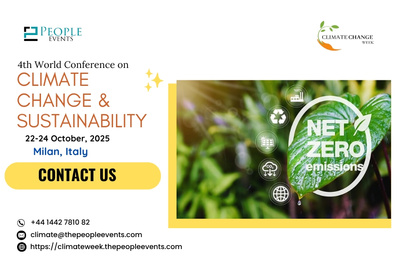THE NEW RUSSIAN ARCTC SMR
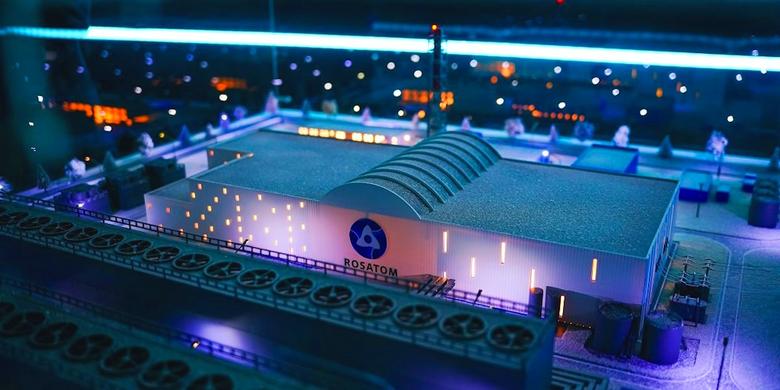
РЕЙТЕР -
-----
Раньше:

2018, March, 14, 11:45:00
REUTERS - U.S. West Texas Intermediate (WTI) crude futures CLc1 were at $60.77 a barrel at 0753 GMT, up 6 cents, or 0.1 percent, from their previous settlement. Brent crude futures LCOc1 were at $64.62 per barrel, down just 2 cents from their last close.
|

2018, March, 7, 15:00:00
РЕЙТЕР - К 9.17 МСК фьючерсы на североморскую смесь Brent опустились на 0,85 процента до $65,23 за баррель. Фьючерсные контракты на американскую лёгкую нефть WTI к этому времени торговались у отметки $62,07 за баррель, что на 0,85 процента ниже предыдущего закрытия.
|

2018, March, 7, 14:00:00
EIA - North Sea Brent crude oil spot prices averaged $65 per barrel (b) in February, a decrease of $4/b from the January level and the first month-over-month average decrease since June 2017. EIA forecasts Brent spot prices will average about $62/b in both 2018 and 2019 compared with an average of $54/b in 2017.
|

2018, March, 5, 11:35:00
РЕЙТЕР - К 9.28 МСК фьючерсы на североморскую смесь Brent поднялись на 0,33 процента до $64,58 за баррель. Фьючерсные контракты на американскую лёгкую нефть WTI к этому времени торговались у отметки $61,44 за баррель, что на 0,31 процента выше предыдущего закрытия.
|

2018, March, 4, 11:30:00
МИНФИН РОССИИ - Средняя цена нефти марки Urals по итогам января – февраля 2018 года составила $ 65,99 за баррель.
|

2018, February, 27, 14:15:00
РЕЙТЕР - К 9.18 МСК фьючерсы на североморскую смесь Brent опустились на 0,15 процента до $67,40 за баррель. Фьючерсные контракты на американскую лёгкую нефть WTI к этому времени торговались у отметки $63,80 за баррель, что на 0,17 процента ниже предыдущего закрытия.
|

2018, February, 27, 14:05:00
МИНФИН РОССИИ - Средняя цена на нефть Urals за период мониторинга с 15 января по 14 февраля 2018 года составила $66,26457 за баррель, или $483,7 за тонну.
|
THE NEW RUSSIAN ARCTC SMR

WNN - 09 February 2024 - Construction of worker camps and a new road to the site is under way for the Yakutia small modular reactor project, with Rosenergoatom officially designated as the operating organisation by parent company Rosatom.
The small modular reactor (SMR) is a water-cooled RITM-200N 55 MW reactor that has been adapted from the RITM-200 series used to power Russia's latest fleet of nuclear-powered icebreakers. It will be built near Ust-Kuyga in Yakutia (also known as Sakha) in Russia's Arctic north, with the aim of commissioning in 2028.
Nuclear regulator Rostekhnadzor granted the construction licence in April 2023. In an update on progress Rosatom said "preparatory work ... is proceeding at full tilt: the building of the first construction camp for 250 persons has been completed; the first stage construction of the second camp for 683 persons has commenced and is expected to be completed in the fourth quarter of 2024". Construction of a new 12 kilometre stretch of road linking Ust-Kuyga and the SMR site has started, it added, as well as other construction base facilities, and 9,500 tonnes of cargo is scheduled to be delivered om the next few months.
The aim of the plant is "to provide a clean, cost-effective and stable source of energy to the remote Arctic territories of Yakutia with a decentralised energy supply. The electric power of the station will be at least 55 MW, the service life of non-replaceable equipment will be up to 60 years".
Although it is planned to be the first land-based SMR in Russia, the country has plans for a widespread roll-out of small reactors in the year ahead - it says its goal is to have up to 20% of the global market for small and micro modular reactors. Its estimate is that they will number in the hundreds in the coming years.
Within Rosatom's structure, with the SMR, Rosenergoatom acts as the technical customer and operating organisation, and Rusatom Overseas as the developer.
-----
Earlier:
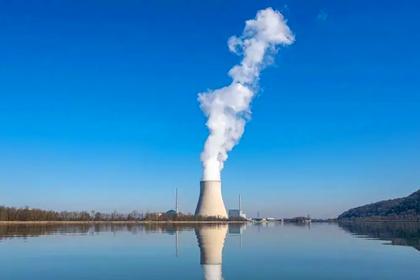
2024, January, 29, 06:25:00
GLOBAL NUCLEAR RECORD
While global growth in electricity demand eased slightly to 2.2% in 2023 due to falling electricity consumption in advanced economies, it is projected to accelerate to an average of 3.4% from 2024 through to 2026.
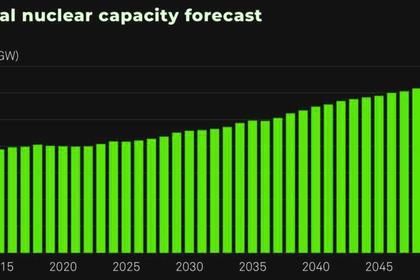
2024, January, 24, 06:30:00
GLOBAL NUCLEAR POWER SUPPORT
The survey found that, across the 20 countries surveyed, 28% of respondents oppose the use of nuclear energy while 46% support it. Of the 20 countries surveyed, 17 have net support for nuclear energy's use. Support was found to be more than three times higher than opposition in the world's two most populated countries, China and India.
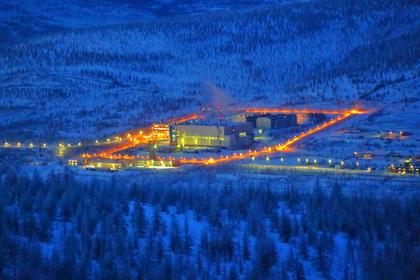
2024, January, 22, 06:30:00
RUSSIAN ARCTIC NUCLEAR
The joint plans of Rosatom and the region include projects for the development of energy infrastructure and the construction of a shift village, landing strip, roads and sea pier, as well as the construction of the world's first low-power nuclear power plant with a Shelf-M reactor of up to 10 MWe.
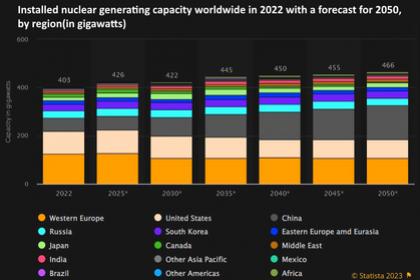
2023, December, 15, 06:45:00
GLOBAL NUCLEAR GROWTH
The declaration says the countries recognise the need for a tripling of nuclear energy capacity to achieve "global net-zero greenhouse gas/carbon neutrality by or around mid-century and in keeping a 1.5 degrees celsius limit on temperature rise within reach".
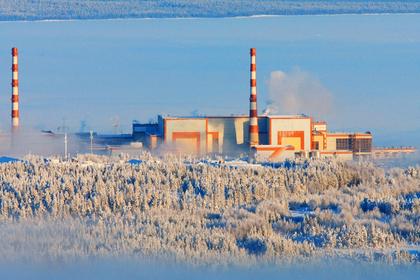
2023, November, 17, 06:40:00
RUSSIAN ARCTIC NUCLEAR DECISION
The energy system for the remote region is a standalone one run by Norilsk-Taimyr Energy Company, part of the Norilsk Nickel group. The city of Norilsk is within the Arctic circle in Russia's north, and has a population of more than 170,000 people.
All Publications »
Tags:
RUSSIA,
NUCLEAR,
SMR
















